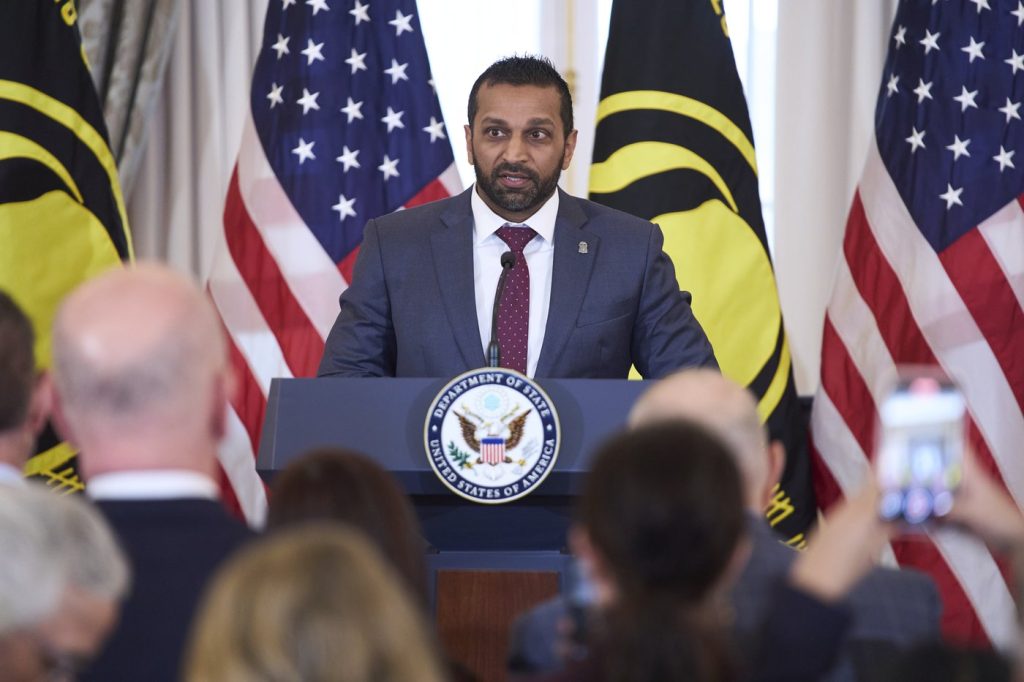WASHINGTON (AP) - The Trump administration's top intelligence officials are set to face Congress this week in back-to-back hearings, their first opportunity since being sworn in to discuss the pressing threats facing the United States and the government's strategies to address them. Key witnesses include FBI Director Kash Patel, CIA Director John Ratcliffe, and Tulsi Gabbard, the Director of National Intelligence, who will appear before the Senate Intelligence Committee on Tuesday and the House Intelligence Committee on Wednesday.
The hearings arrive on the heels of a significant news development revealing that several top national security officials within the Trump administration, including Ratcliffe and Defense Secretary Pete Hegseth, exchanged texts regarding war plans for upcoming military strikes in Yemen. Notably, this information was shared in a secure messaging group that included the editor-in-chief of The Atlantic, raising concerns about the implications of such communications.
This year's annual hearings on global threats will highlight the Trump administration's shifting priorities, with officials emphasizing the need to counter the rising tide of fentanyl, violent crime, human trafficking, and illegal immigration. Former FBI Director Christopher Wray has frequently pointed out the unprecedented number of elevated threats currently facing the nation. He has particularly drawn attention to the sophisticated Chinese espionage operations, ransomware attacks that paralyze healthcare facilities, and the risks posed by various forms of domestic and international terrorism.
During a Fox News interview aired on Sunday, Patel underscored the importance of adapting to a constantly evolving threat landscape both domestically and internationally. He pointed to the heightened dangers presented by narco-traffickers, affirming that securing national security will remain a top priority for the administration.
The backdrop for these hearings is marked by a contrasting policy approach toward Russia, especially in light of the recent years of sanctions enacted by the Biden administration due to its aggression against Ukraine. Last week, during a detailed conversation with President Donald Trump, Russian President Vladimir Putin agreed to an immediate halt in strikes targeting energy infrastructure in Ukraine, which the White House characterized as a significant initial step towards achieving peace.
As the intelligence leaders prepare to testify, their insights and assessments will not only shed light on the immediate threats to national security but also reflect the broader strategic realignments within the Trump administration. The outcomes of these hearings are anticipated to influence U.S. defense and security policies moving forward.










